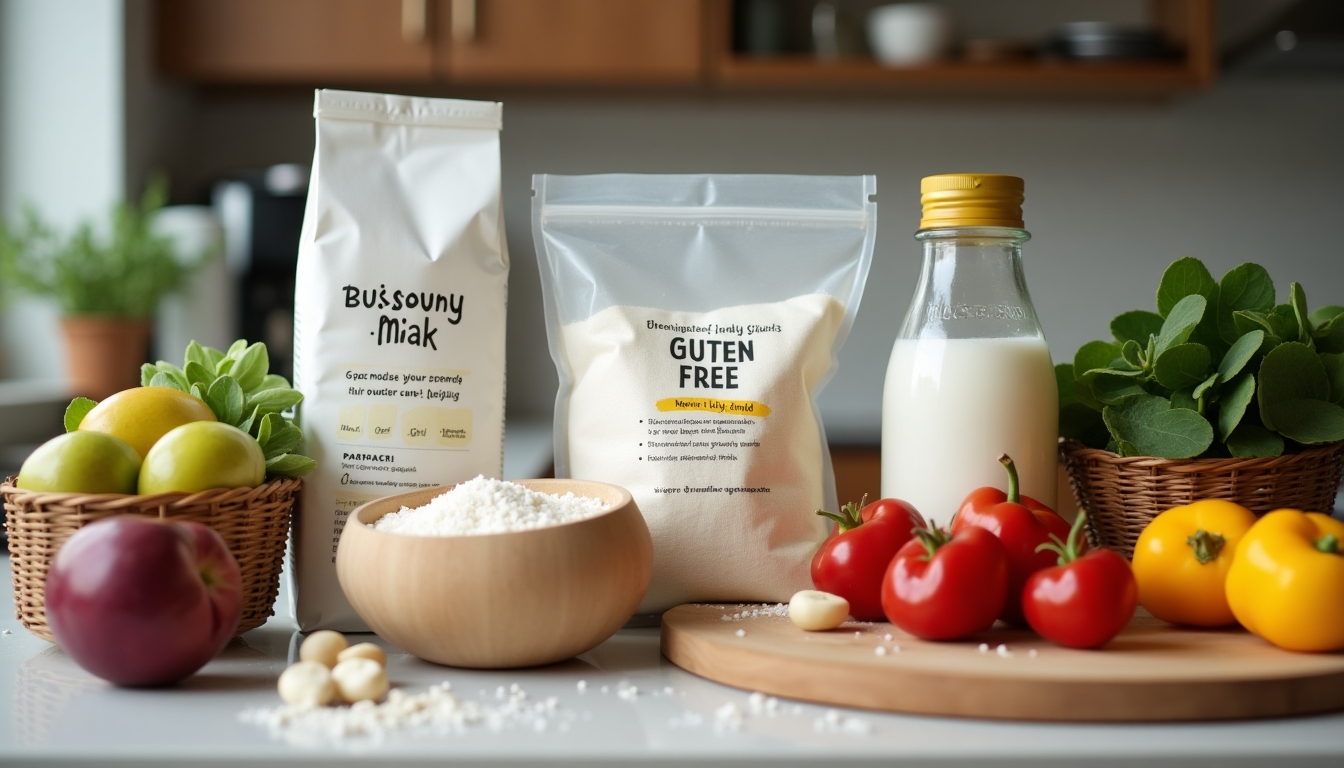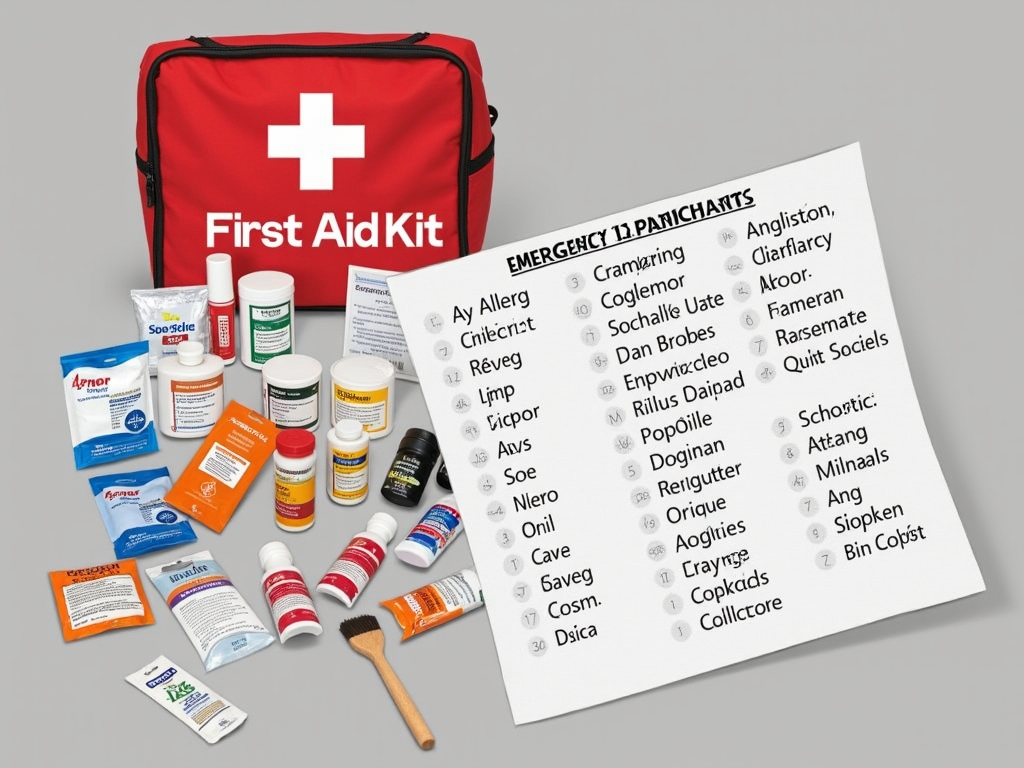Overview:
Living with food allergies, especially as a family, can be challenging. However, with the right knowledge, preparation, and mindset, it's possible to thrive and enjoy meals together safely. This guide provides practical advice, personal insights, and FPIES-friendly recipes to help your family navigate food allergies with confidence.

Understanding Food Allergies:
Food allergies affect millions of people worldwide, and when a family member is diagnosed, it impacts everyone. From meal planning to dining out, every aspect of food-related activities requires careful consideration. However, with education and preparation, families can adapt and thrive.
Personal insight: When my child was diagnosed with FPIES, it felt overwhelming at first. But learning about the condition and connecting with other families made a huge difference.

Meal Planning and Preparation:
One of the biggest challenges is ensuring that meals are safe for everyone. This requires careful planning and often, learning new cooking techniques.
- Read Labels Carefully: Always check ingredient lists for allergens.
- Cross-Contamination: Use separate utensils and cooking areas for allergy-friendly foods.
- Batch Cooking: Prepare large quantities of safe foods to have on hand.
Personal insight: I started a weekly meal planning routine, which helped reduce stress and ensured we always had safe options available.

Cooking for Kids with FPIES:
FPIES (Food Protein-Induced Enterocolitis Syndrome) is a rare type of food allergy that affects the gastrointestinal system. It requires a strict elimination diet, which can be particularly challenging for children.
- Safe Ingredients: Focus on simple, whole foods like fruits, vegetables, and certain grains.
- Recipe Ideas: Try simple dishes like steamed vegetables with quinoa or fruit smoothies.
Personal insight: My child's favorite FPIES-friendly recipe is a simple banana and oat muffin. It's easy to make and always a hit.

Dining Out with Food Allergies:
Eating out can be tricky, but it's not impossible. Here are some tips:
- Research Restaurants: Look for places with allergy-friendly menus or staff trained in handling allergies.
- Communicate Clearly: Inform the staff about your allergies and ask about ingredient lists.
- Bring Safe Snacks: In case there are limited options, have some safe snacks on hand.
Personal insight: We've had some great experiences at restaurants that were willing to accommodate our needs. It just takes a bit of extra planning.

Emotional and Social Aspects:
Food allergies can also have emotional and social impacts, especially for children. It's important to address these aspects as well.
- Education: Teach your child about their allergies in an age-appropriate way.
- Support: Connect with other families dealing with food allergies for support and advice.
- Inclusion: Find ways to include your child in social events, like bringing safe treats to parties.
Personal insight: Joining a local support group was a game-changer for us. It provided a sense of community and invaluable advice.

Healthy Living with Food Allergies:
Despite the challenges, it's possible to maintain a healthy lifestyle with food allergies.
- Balanced Diet: Focus on nutrient-dense foods to ensure your family gets all the necessary vitamins and minerals.
- Exercise: Regular physical activity is important for overall health.
- Mental Health: Don't forget to take care of your mental health. Managing food allergies can be stressful, so find ways to relax and recharge.
Personal insight: We've found that involving the whole family in meal preparation and exercise routines helps everyone stay healthy and connected.

Acute FPIES:
Acute FPIES reactions can be severe and require immediate medical attention. It's crucial to have an emergency plan in place.
- Recognize Symptoms: Learn the signs of an acute reaction, such as vomiting, diarrhea, and lethargy.
- Emergency Kit: Keep an emergency kit with necessary medications and contact information.
- Education: Ensure that family members, caregivers, and teachers know what to do in case of an emergency.
Personal insight: Having a clear emergency plan gave us peace of mind and ensured that everyone knew how to respond quickly.

Summary:
Thriving with food allergies as a family requires education, preparation, and a positive mindset. By understanding the challenges, planning meals carefully, and supporting each other emotionally, families can navigate food allergies successfully. Remember, you're not alone—there are many resources and communities available to help.
Discuss Here